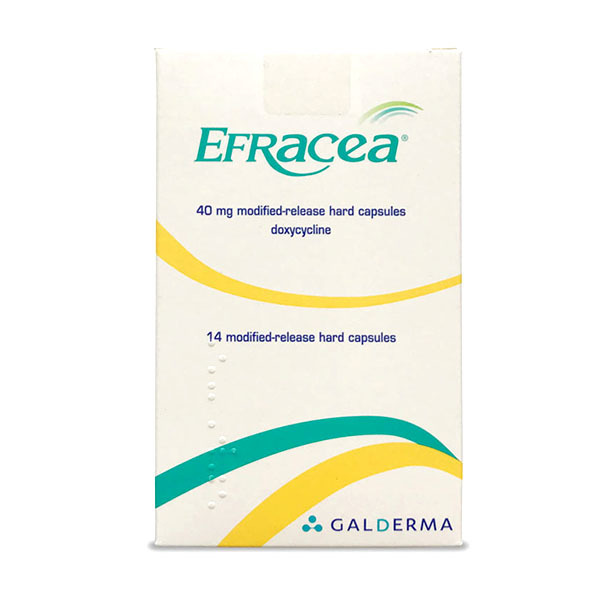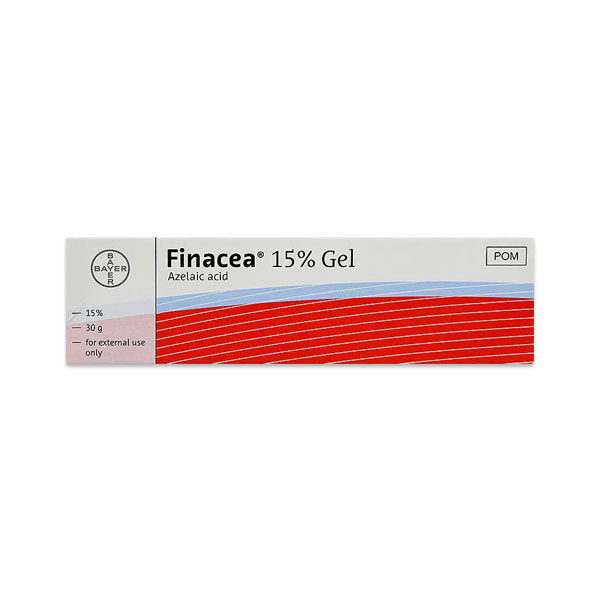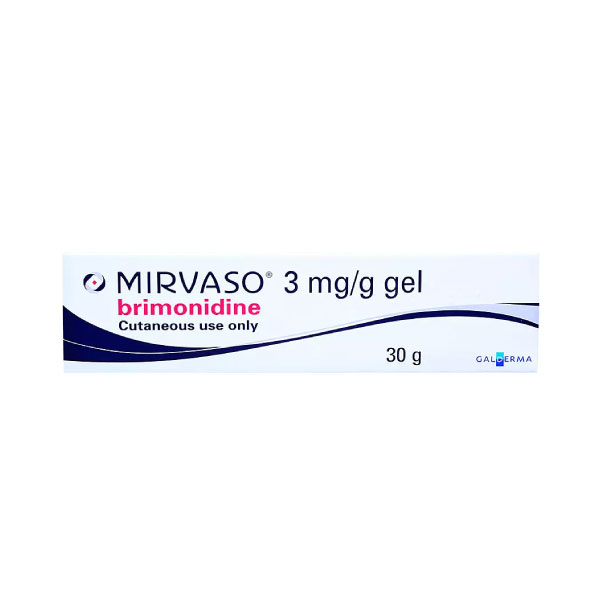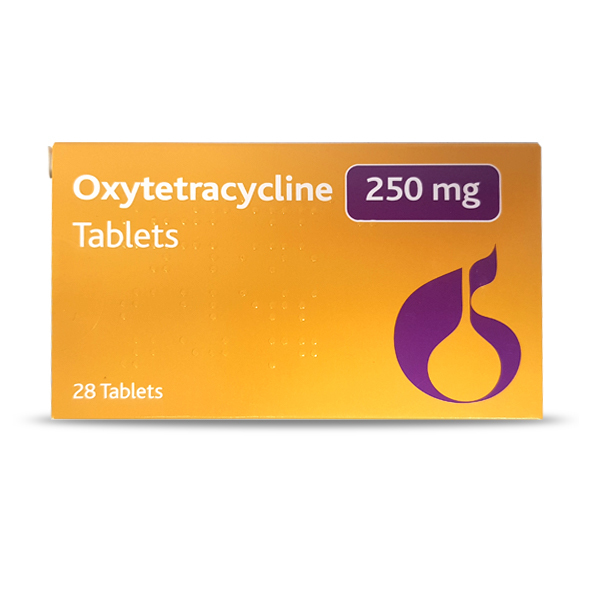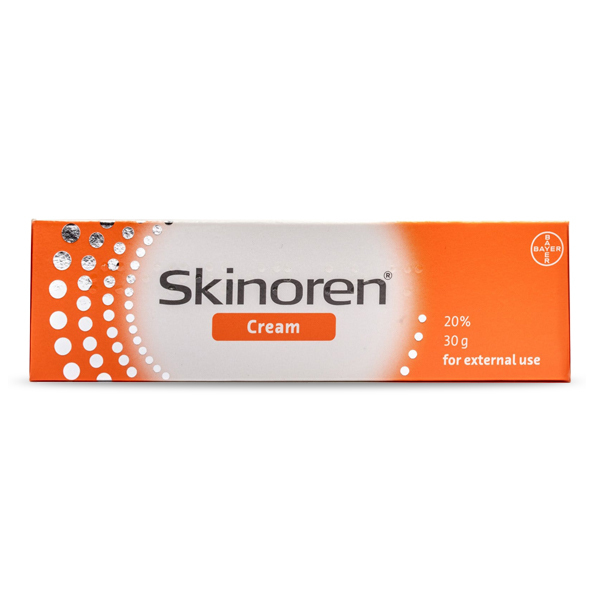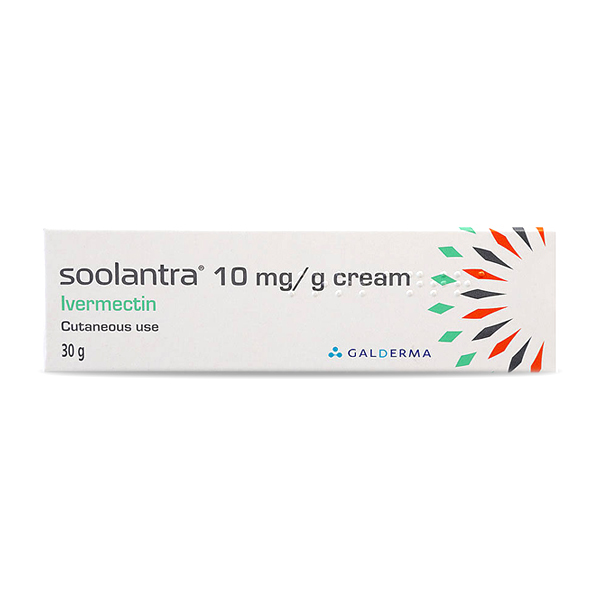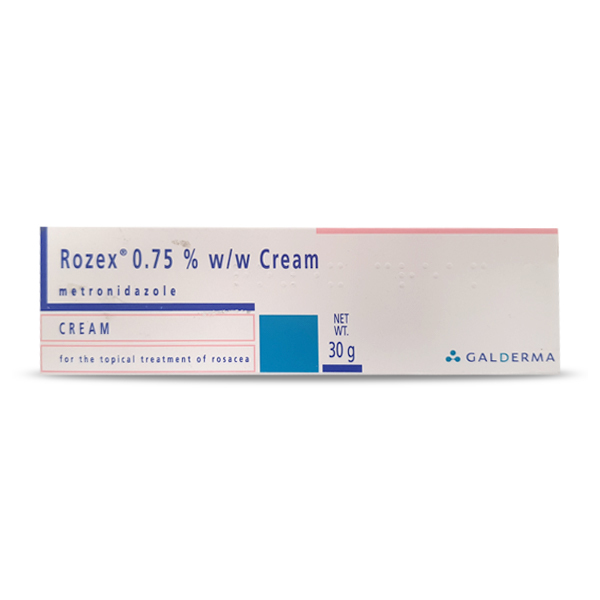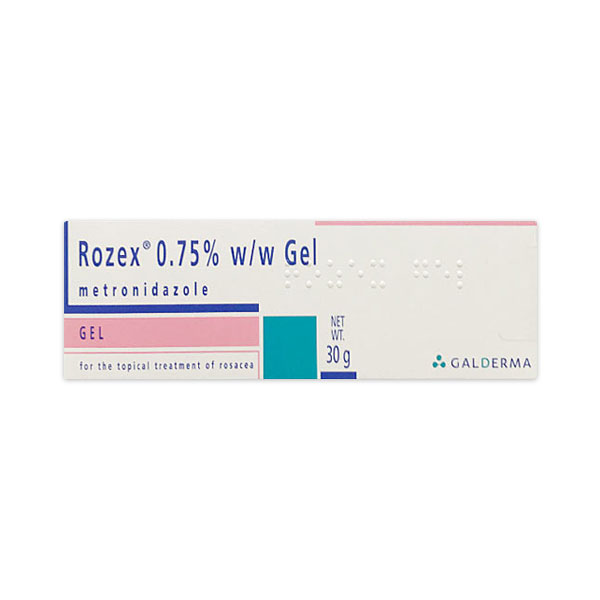Rosacea treatments
Efracea Capsules
Efracea is used to treat the redness and pimples on the face of adults caused by a condition called rosacea.
Efracea is used to treat the redness and pimples on the face of adults caused by a condition called rosacea.
Finacea 15% Gel
An effective topical treatment which contains azelaic acid, which is used to treat acne and rosacea.
An effective topical treatment which contains azelaic acid, which is used to treat acne and rosacea.
Mirvaso
Mirvaso is a gel containing Brimonidine tartrate for the treatment of rosacea. It reduces facial flushing & redness by reducing blood flow to the area.
Mirvaso is a gel containing Brimonidine tartrate for the treatment of rosacea. It reduces facial flushing & redness by reducing blood flow to the area.
Oxytetracycline
A prescription-only acne & rosacea treatment used to treat bacterial infections, by controlling bacteria and inflammation.
A prescription-only acne & rosacea treatment used to treat bacterial infections, by controlling bacteria and inflammation.
Skinoren Cream
A topical cream containing Azelaic Acid used in the treatment of acne vulgaris and rosacea.
A topical cream containing Azelaic Acid used in the treatment of acne vulgaris and rosacea.
Soolantra
A topical cream containing Azelaic Acid used in the treatment of acne vulgaris.
A topical cream containing Azelaic Acid used in the treatment of acne vulgaris.
Rozex Cream
A topical cream containing Metronidazole used in the treatment of acne vulgaris.
A topical cream containing Metronidazole used in the treatment of acne vulgaris.
Rozex Gel
A topical cream containing Metronidazole used in the treatment of acne vulgaris.
A topical cream containing Metronidazole used in the treatment of acne vulgaris.
What is rosacea?
Rosacea is a common skin condition mainly affecting the facial area. It is a relapsing condition meaning that the severity of symptoms can worsen and appear more severe, whereas at other times they will improve.
Because of the nature of the condition and its affect on personal appearance, Rosacea can cause significant psychological stress and social issues if left untreated.
What causes rosacea?
The exact cause of rosacea is not known, however a number of factors have been linked to the condition. These include -
- Abnormalities in the blood vessels of the face
- Activation of skin peptides (e.g. through the action of UV light) which may in turn affect your immune system and blood supply.
- Microscopic mites (usually live harmlessly, however in large numbers may play a role in rosacea)
- Genetics
There are many known triggers which may make the condition worse. Some of these triggers are -
- Stress
- Caffeine
- Alcohol
- Sunlight
- Hot/Cold weather
- Foods e.g. spicy foods
- Exercise
What are the symptoms of rosacea?
Most patients have periods of time where their symptoms are more troublesome as well as time periods where their symptoms are more settled.
Symptoms can vary from patient to patient and not every patient will experience the same symptoms. Most commonly they appear as -
- Burning and stinging sensations
- Red flushing areas which can result in permanent redness
- Spots (papules and pustules)
- Small blood vessels in the skin becoming visible
However as the condition progresses other symptoms can also develop -
- Sensitive skin
- Rough and dry skin patches
- Facial swelling
- Development of plaques
Diagnosis
All patients should make an appointment with their GP to have a confirmed diagnosis if they have persistent symptoms which could be causeed by rosacea. There is no specific test for rosacea, however your GP will be able to make a diagnosis follwing an examination of your skin and asking about the symptoms.
It is important to seek a diagnosis early as this can help prevent the condition from worsening and also rule out other conditions with similar symptoms.
Treatment options
Avoiding triggers is key e.g. reducing your intake of drinks containing caffeine or alcohol, using sun screens, avoiding stress and adopting a healthier lifestyle.
There is no known cure for rosacea however treatments are available to help control the symptoms. Most treatments require to be used for a long period of time, however some can be stopped for short periods if your symptoms improve. Creams and gels are the most commonly used treatments. Tablets and capsules, such as long term antibiotics, can also be used.
Topical creams such as Mirvaso can be used safely to reduce the spots and redness however more severe cases might require oral antibiotics. PrivateDoc would recommend that you see your own GP if you require any oral antibiotic therapy as these are not suitable for online prescribing.
There are other options such as laser and intense pulse light treatment which your GP can advise you on.




